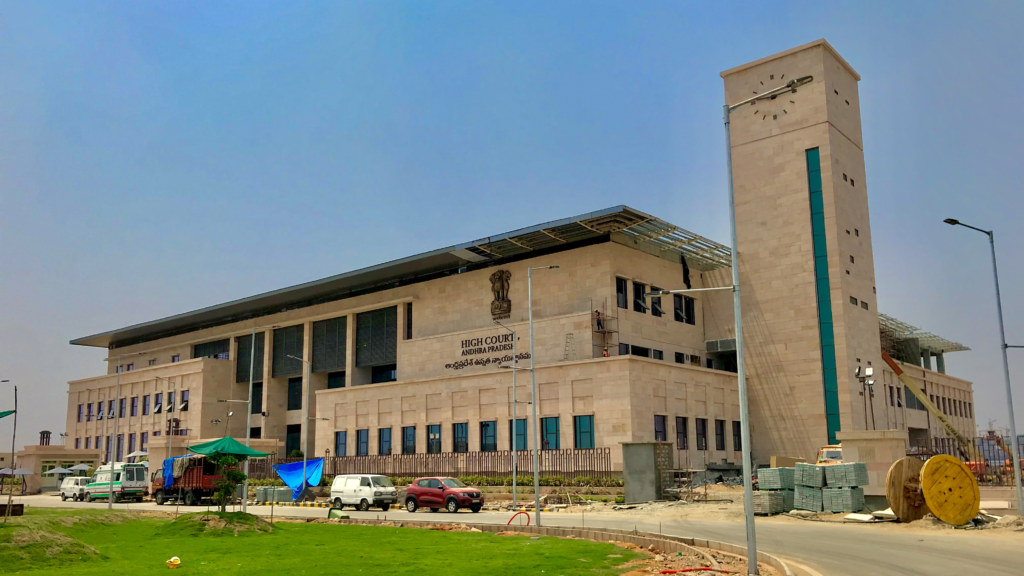
In a noteworthy case, the Andhra Pradesh High Court addressed a revision petition filed under Article 227 of the Constitution. The petitioner sought to challenge an order dated May 25, 2022, which directed the respondent to undergo a medical examination to assess his potency in relation to the consummation of marriage. Justice S. Bhanumathi delivered the opinion, stating that the Matrimonial Court possessed the authority to order an individual to undergo a medical test. Accordingly, the Trial Court was instructed to determine the appropriate hospital for the respondent’s examination, and the order issued by the Family Court in Kurnool was set aside.
The petitioner, a senior medical officer since 2010 and a medical officer since 2006 at the Government Unani Hospital in Kurnool, revealed that the marriage between the petitioner and the respondent took place on April 20, 2016. However, the marriage had not been consummated due to the respondent’s alleged impotency. The petitioner further accused the respondent of physically harassing her and demanding additional dowry, despite already receiving cash and gold ornaments as dowry.
Consequently, the petitioner filed a petition seeking the annulment of the marriage and the award of Rs. 1 crore as compensation. Additionally, the petitioner requested the return of dowry amounting to Rs. 6,00,000 with 18% interest per annum from the date of the petition until the date of payment. Furthermore, the petitioner sought a grant of Rs. 1,00,000 to cover marriage expenses and the costs of the petition.
The Trial Court dismissed the petition, making observations regarding the burden of proof pertaining to the marriage and indicating that the proceedings were in the advanced stages. Subsequently, the petitioner filed the present revision petition before the High Court under Article 227 of the Constitution.
The Court relied on the Supreme Court case of Sharda v. Dharmpal, (2003) 4 SCC 493, wherein it was held that “a Matrimonial Court possessed the authority to order a person to undergo a medical test.” Thus, the mere denial of the marriage could not serve as a ground to preclude such an order. The Court further opined that the petitioner’s delayed request for relief should not be a justification for rejecting relief that could have otherwise been granted.
Consequently, the Court concluded that the Trial Court should have allowed the petition to secure all necessary evidence and decide the matter on its merits. However, it had failed to exercise its jurisdiction in this regard.
Accordingly, the Court directed the Trial Court to determine the appropriate hospital for the respondent’s medical examination, set aside the order issued by the Judge of the Family Court in Kurnool, and granted the present revision petition.
Name- Ritika keshari
College – Shambhunath Institute of Law
Semester – 2nd semester as a intern at Legal Vidhiya




0 Comments